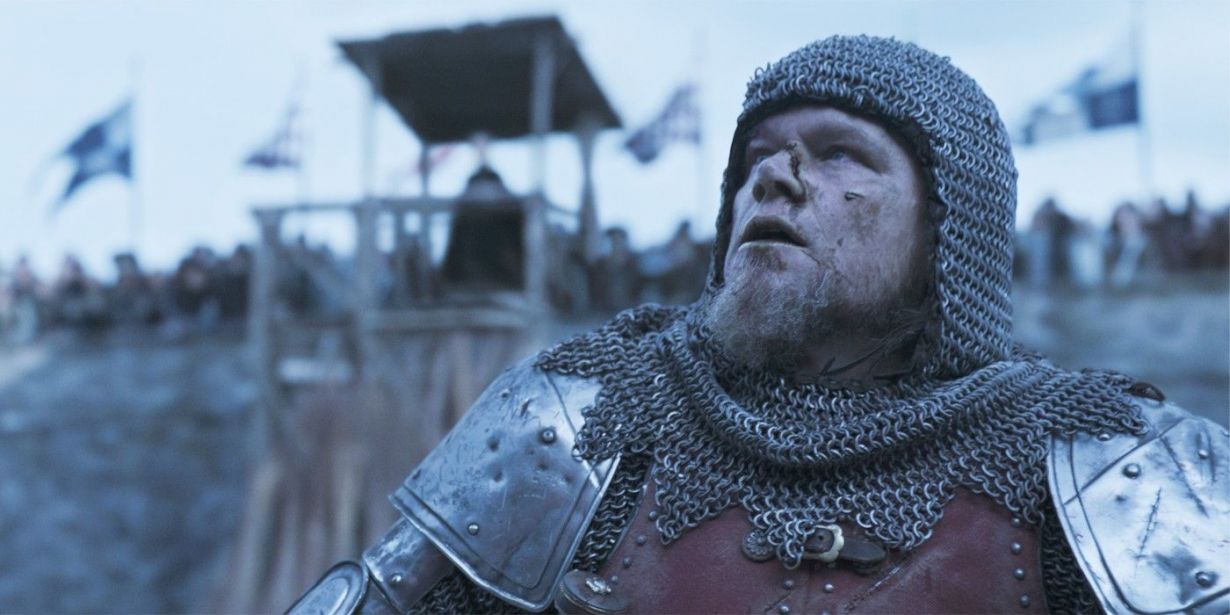
He was the only one of the family to survive what Francois Maurois, in his introduction, calls the "human holocaust" of the persecution of the Jews, which began with the restrictions, the singularization of the yellow star, the enclosure within the ghetto, and went on to the mass deportations to the ovens of Auschwitz and Buchenwald. (Illustrations throughout)Įlie Wiesel spent his early years in a small Transylvanian town as one of four children. Sex, savagery, and high-level political maneuvers energize a splendid piece of popular history.

Who will win? Carrouges stood to lose more than his life: defeat would automatically consign his wife to the flames as a perjurer. By the time the combat begins, halfway through the text, the tension is nearly unendurable. His skillful prose quickly ensnares readers in the web of the characters’ invention, allowing no escape until very near the end. (Silence was customary, and both participants and onlookers believed that God would allow the truthful combatant to prevail.) Jager knows his territory well we learn a good deal about medieval armor and weaponry, fashion and custom, the legal system and sexual ideas, court politics and religion.

Carrouges immediately looked for legal redress and initiated the process that eventually led to trial by combat before a silent crowd. But after Carrouges returned from a long absence, Marguerite told him that one day, when she was virtually unattended LeGris, arrived with a friend to offer his sexual services when she refused, she claimed, he brutally raped her. Carrouges lost his wife and son to illness, married the much younger, very beautiful, and wealthy Marguerite de Thibouville, and eventually earned his knighthood in service of the king. Jager ably illuminates Carrouges’s jealous, irascible temperament and LeGris’s superior political skills. The story involves two squires, once fast friends, who were gradually estranged as one, Jacques LeGris, rose in favor with the king and their local count while the other, Jean de Carrouges, fell.

Jager (English/UCLA) spins a complicated and sanguinary tale with the skill of an accomplished thriller author. An accusation of rape in 1386 occasions this high-suspense account of a duel to the death sanctioned by the French Parlement and King Charles VI-and attended by thousands of eager spectators.


 0 kommentar(er)
0 kommentar(er)
